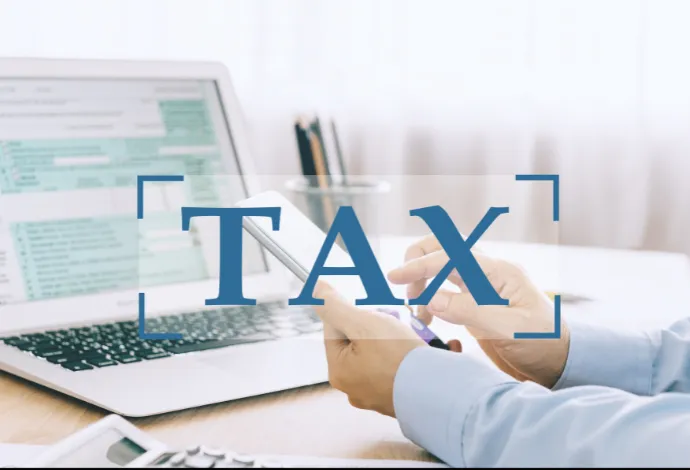
South Africa is set to implement zero-rated VAT for testing services provided to non-residents from April 2026, potentially transforming business opportunities for clinical research organisations, laboratories, and other testing service providers. Learn what these critical tax changes mean for your business and how to prepare.
Image: Supplied
The South African government is on the cusp of introducing a significant legislative change that could transform the landscape for suppliers of testing services. Proposed amendments to the Value-Added Tax Act no. 89 of 1991 (VAT Act) aim to broaden the scope of zero-rated transactions, specifically targeting testing services provided to non-residents—even when those services are physically performed within South Africa.
The intention is to address a long-standing obstacle for VAT vendors, as the VAT treatment of many testing services (including clinical trial services) was uncertain. The current wording of the law arguably requires the service to be standard rated despite being supplied to a non-resident, where services are directly in connection with movable property situated in the Republic that is not subsequently exported, or the person directly benefiting from the service is located in the Republic.
What’s changing?
The draft amendments propose that testing and reporting services would be zero-rated when supplied to non-residents by the insertion of a new section 11(2)(z). In addition, the goods used in providing such testing services will also be zero-rated by the insertion of s11(1)(x).
If enacted, these changes will take effect from April 1, 2026.
Industry impact
Where 15% VAT is levied, the VAT will be a cost as the foreign recipients of such services are not registered VAT vendors and are therefore unable to recover the VAT. The proposed change stands to benefit a wide range of industry sectors – including clinical research organisations, biotechnology firms, laboratories, technical service providers, testing facilities, and research institutes.
Uncertainties that still exist
The amendments must be drafted with clear requirements to minimise any uncertainties for vendors and provide robust documentary evidence that can be maintained. Defining what constitutes qualifying testing services would go a long way in aiding interpretation and compliance.
When it comes to goods supplied in the course of the testing service, the draft legislation states that such goods must:
All these elements must be present to qualify for the zero rating. However, it raises practical questions, such as whether reusable test kits would be disqualified as it’s not rendered unusable after the testing service. Therefore, where the usage of reusable kits is charged for, this will seemingly need to be catered to in the proposed legislation.
Furthermore, it would be important that the legislation is clear as to goods used “in the course of the testing service”. Ambiguity can lead to uncertainties for vendors, whereas clear legislative definitions will support compliance and minimise disputes.
Key points for vendors
Suppliers of testing services to foreign recipients should closely monitor ongoing legislative changes and assess whether they qualify for the proposed zero-rating provisions. The ability to zero rate the testing services presents a valuable opportunity to strengthen their position in the global market.
* Perumal is the senior manager of indirect tax (VAT) at Deloitte Africa.
PERSONAL FINANCE